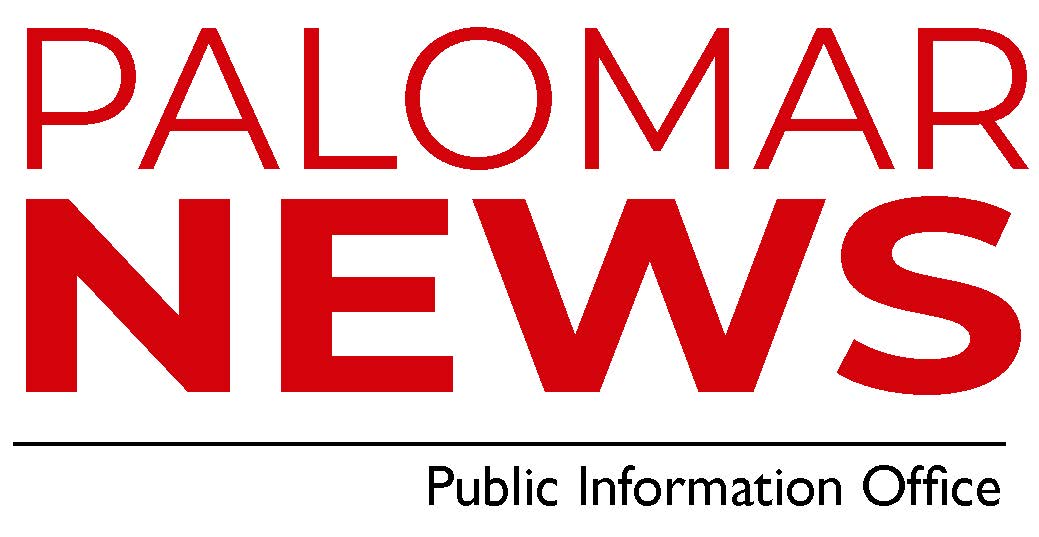Palomar College has joined the Minority Male Community College Collaborative (M2C3) National Consortium on College Men of Color. Participation in the M2C3 Consortium will enhance the College’s commitment to improving the success of historically underrepresented and underserved students, including men of color.
Despite programs designed to enhance outcomes for men of color in the United States, only 17% and 15% of black and Latino men, respectively, earn a certificate, degree, or transfer from a community college to a four-year institution in six years. Figures for men from other ethnic groups (e.g., Native American, southeast Asian) also indicate a need for improvement.
“This is an important area of focus for the region,” stated Adrian Gonzales, interim president of Palomar College. “We must focus efforts and resources to serve our historically underrepresented students. Research shows that young men of color are less likely to complete their education and that is not an acceptable outcome. Our membership in the M2C3 Consortium will allow Palomar College to expand our resources to better serve all of our students.”
To combat this achievement gap, the M2C3 Consortium facilitates an exchange of ideas between community colleges across the nation on how best to serve men of color in all educational institutions. Community colleges convene to share their efforts and learn about new strategies for enhancing the success of men of color.
Consortium participation will provide the College with a number of resources, including enhancing professional development for faculty and staff, and enabling informed interventions for current programs serving men of color. In addition, as an M2C3 member, Palomar College will be able to access M2C3 webinars on men on color; access the M2C3 virtual discussion board; participate in information-sharing on promising practices with other community colleges; and participate in an annual working group meeting hosted in San Diego, CA.
“This innovative group of college leaders will be instrumental in implementing cutting-edge practices and policies to address the achievement gap facing underrepresented men,” said Dr. J. Luke Wood, co-director of M2C3.
Launched in February 2015, the M2C3 has already seen much success in information-sharing between community colleges. An average of more than 1,000 consortium members participates in each webinar. “It is inspiring to see educators collaborate and openly share innovative ideas for serving men of color,” said Frank Harris III, co-director of M2C3. “We look forward to the future of M2C3 and the future success of men of color.
# # #
Media contact:
Laura Gropen, Director, Communications, Marketing and Public Affairs, 760-744-1150 x2152
Olga Diaz, Director, Student Support and Student Equity, 760-744-1150 x3624
